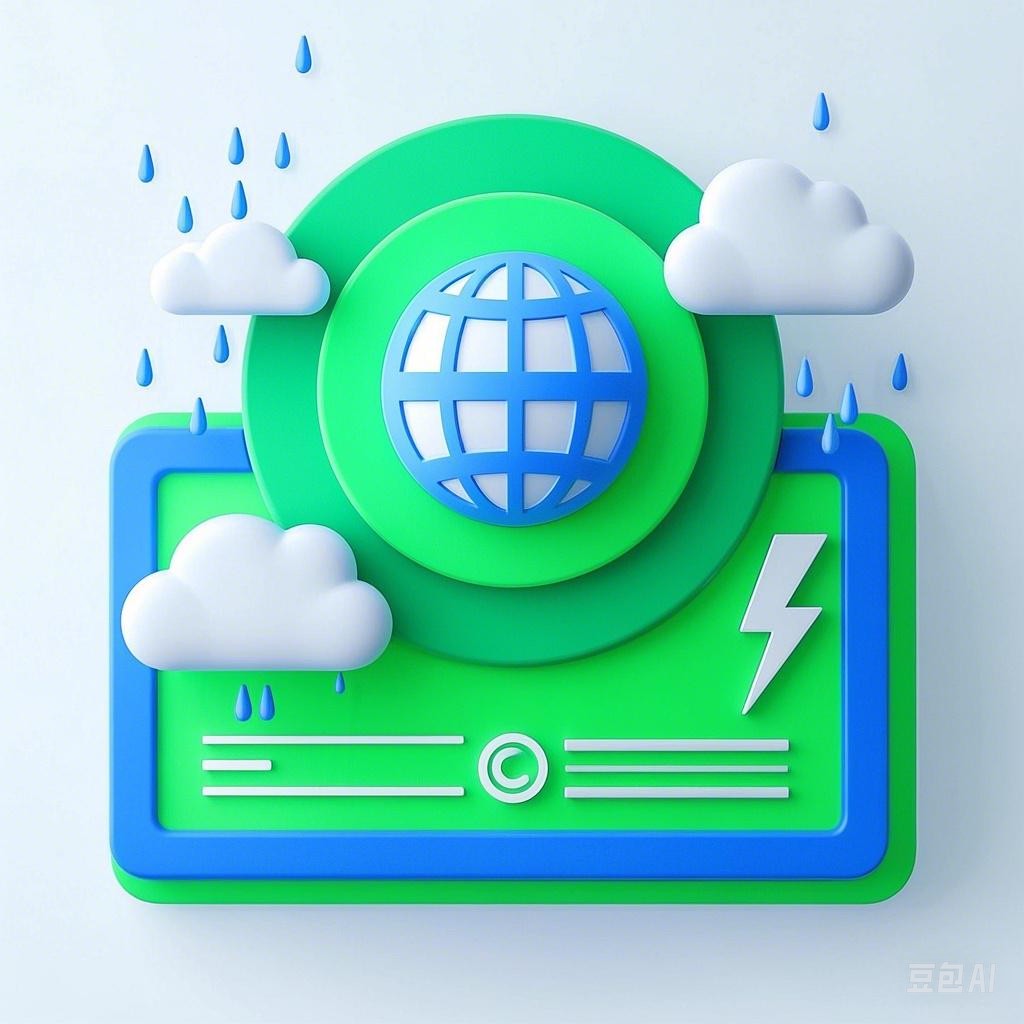Introduction
Disasters can strike without warning, and being prepared is crucial for ensuring safety and minimizing damage. Whether it’s a natural disaster like an earthquake, flood, or wildfire, or a man-made emergency such as a chemical spill or power outage, having the right knowledge and being able to communicate effectively in English can be lifesaving. This article provides essential English phrases and information that can help individuals and families prepare for and respond to disasters.
Understanding the Types of Disasters
Before delving into the English phrases, it’s important to be aware of the different types of disasters that could occur in your area. Here are some common types:
- Natural Disasters: Earthquakes, floods, hurricanes, tornadoes, wildfires, and tsunamis.
- Technological Disasters: Chemical spills, nuclear accidents, and power outages.
- Human-Made Disasters: Riots, fires, and terrorist attacks.
Each type of disaster requires specific preparation and response strategies.
Essential English Phrases for Disaster Preparedness
Before a Disaster
- Create an Emergency Plan: “Let’s make a plan for what to do in case of an emergency.”
- Prepare an Emergency Kit: “We need to put together an emergency kit with essentials like water, food, and first aid supplies.”
- Identify Safe Areas: “We should find safe areas in our home and in our neighborhood.”
- Learn First Aid: “It’s important to learn basic first aid in case someone gets hurt.”
During a Disaster
- Evacuation Orders: “The authorities have issued an evacuation order for our area.”
- Follow Instructions: “Please follow the instructions from emergency services.”
- Shelter in Place: “We need to stay indoors and shelter in place until it’s safe to go outside.”
- Use Backup Power: “If the power goes out, we can use our generator or battery-powered lights.”
After a Disaster
- Check on Family and Friends: “Let’s check on our family and friends to make sure everyone is safe.”
- Report Damage: “We should report any damage to our home or property to the insurance company.”
- Stay Informed: “We need to stay tuned to the news for updates on the situation.”
Useful Vocabulary
- Emergency: An unexpected event that requires immediate action to prevent or minimize damage.
- Evacuation: The process of moving people from a dangerous area to a safer location.
- Shelter in Place: Staying indoors and remaining in a safe location during a disaster.
- First Aid: Basic medical care provided to someone who is injured or ill.
- Insurance: A contract that provides financial protection against certain risks.
Practical Tips
- Keep an Emergency Kit: Store water, non-perishable food, a first aid kit, a flashlight, and a battery-powered radio in a designated place.
- Know Your Evacuation Routes: Plan and memorize the quickest and safest routes to nearby shelters or evacuation centers.
- Stay Informed: Sign up for emergency alerts and notifications from local authorities.
Conclusion
Being prepared for disasters is essential for personal safety and community well-being. By learning and practicing essential English phrases, individuals can communicate effectively during emergencies and ensure that they and their loved ones are ready to respond to any disaster that may come their way. Remember, preparation is key to staying safe and minimizing the impact of disasters.
